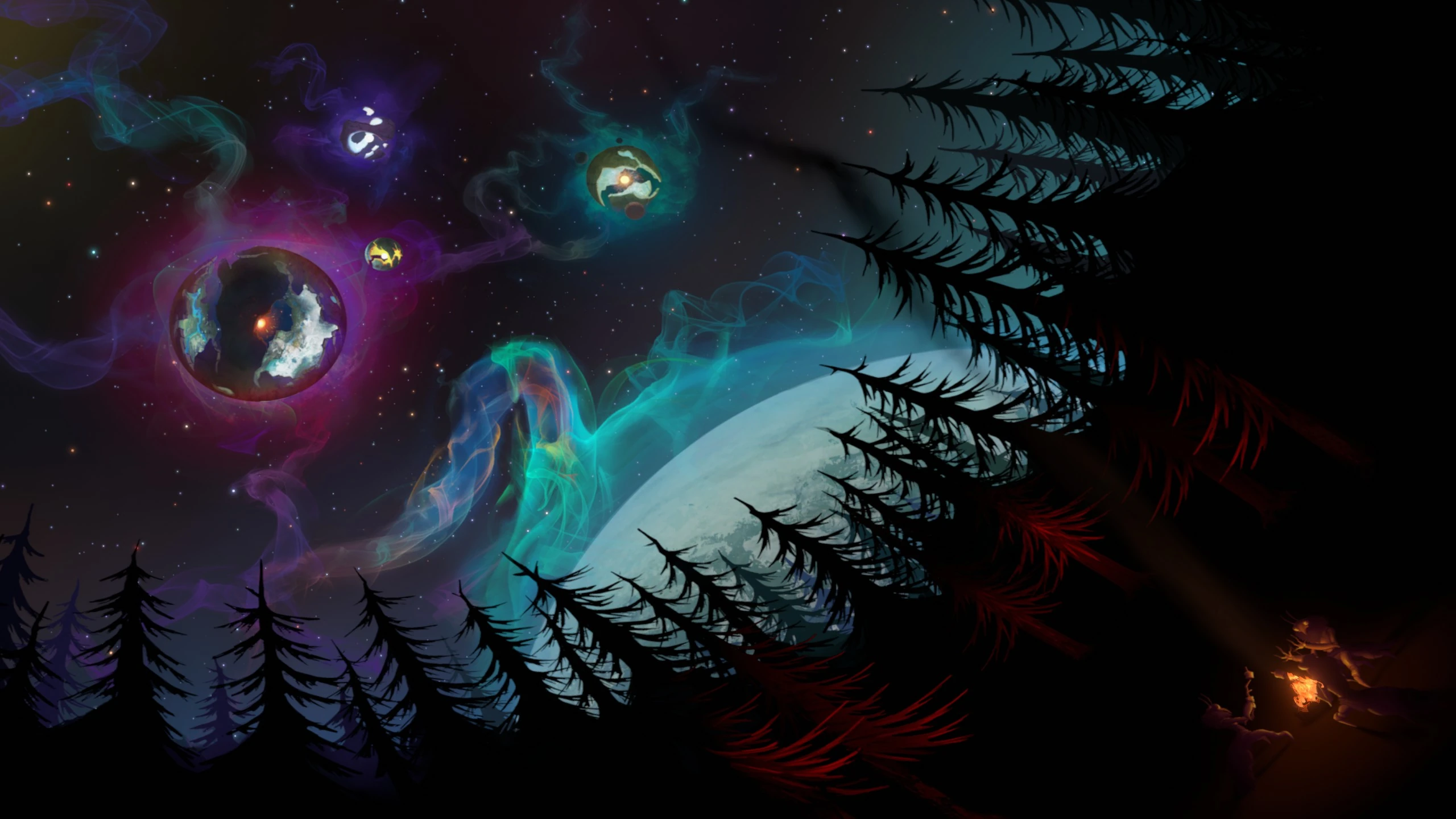The Hole At The End Of The Universe Mac OS
Humans usually have a hard time dealing with the fact of how their life is very much finite. You never know the exact expiration date, but you are sure it will happen one day. The same goes when we try to understand concepts that go well beyond the notion of time, from a human and a mortal perspective.
Infinity is something that is equally hard to deconstruct. When we talk about the size (and time!) of the universe we live in, we are faced with the same problems. Where does the universe end, and does it actually have an end?
Early Mac OS X versions are susceptible to the Year 2038 problem. Data structures with time problems. Many data structures in use today have 32-bit time representations embedded into their structure. A full list of these data structures is virtually impossible to derive but there are well-known data structures that have the Unix time problem. Isaac Asimov began his Foundation series at the age of 21, not realizing that it would one day be considered a cornerstone of science fiction.During his legendary career, Asimov penned over 470 books on subjects ranging from science to Shakespeare to history, though he was most loved for his award-winning science fiction sagas, which include the Robot, Empire, and Foundation series. Project Monarch is the end-goal for Microsoft’s “One Outlook” vision, which aims to build a single Outlook client that works across PC, Mac, and the Web. Right now, Microsoft has a number of.

Understanding Our Time-Space (Dis)Continuum
First of all, from the current dominant cosmological theories - yes, our cosmos indeed does have an expiration date. There are many theories that tackle the ideas that explain the end of the universe. If you want to put things into perspective, that is not something humankind will ever witness, at least not on this planet or this universe.
If, and this is a big ‘’if’’, we find another place to live, one that is far away from our Sun (who is going to die in 5 to 7.5 billion years from now), then we might have a chance to witness the collapse of one universe and the potential creation of others. The Big Rip theory, for example, suggests how in 22 billion years, this universe will rip itself apart because the overall gravity potential will not be able to hold off the expansion power of the universe.
Is The Universe Expanding Forever?
The Big Rip theory, despite the fact that it is explaining the end of time and space as we know it, tells us something super critical about the nature of the universe. This one feature makes it almost impossible to know where space ends. You guessed it - it is expansion. From the day that all the dense matter blew up (do not worry if you do not remember this event, the Big Bang was 13.8 billion years ago), the universe started expanding.
As stars, planets, and galaxies were formed, they immediately started moving. From where you might ask? Well, obviously - from the center of the explosion. The problem lies in the fact that we do not know where the center is, and if there was a center in the first place. However, the fact we mentioned remains unquestionable - the galaxies are moving away from each other.
Observable Vs. Unobservable Universe
We know all of this because we can observe space phenomena and interactions between such massive space formations from Earth. This is the second crucial thing to understand if you want to address the idea of space and its borders. The telescopes we use are limited as to how far they allow us to see.
The Hole At The End Of The Universe Mac Os X
Currently, modern-day telescopes allow us to see the universe that surrounds us within a 93 billion light-year diameter. Whenever you hear someone saying that is how big the universe is, he or she is just referring to the area we can see. This is known as the observable universe: Earth is a center point, and we can see galaxies 46.5 billion light-years away, in any direction we look at.
The Hole At The End Of The Universe Mac Os 11
However, what lies beyond the galaxies we can not see? Is there another universe that makes all of the multiverse theories plausible? Or, is there nothing beyond the final expansion point we currently can not even see? It is hard to tell because all of this raises an indefinite number of questions that try to organize the cosmic chaos we are stuck in. The idea of how there is nothing beyond comes down to an almost religious, and a moral one, as humans have an equally hard time dealing with the notion of ‘’nothing-ness’’ the same way the can not wrap their heads around ‘’infinity.’’